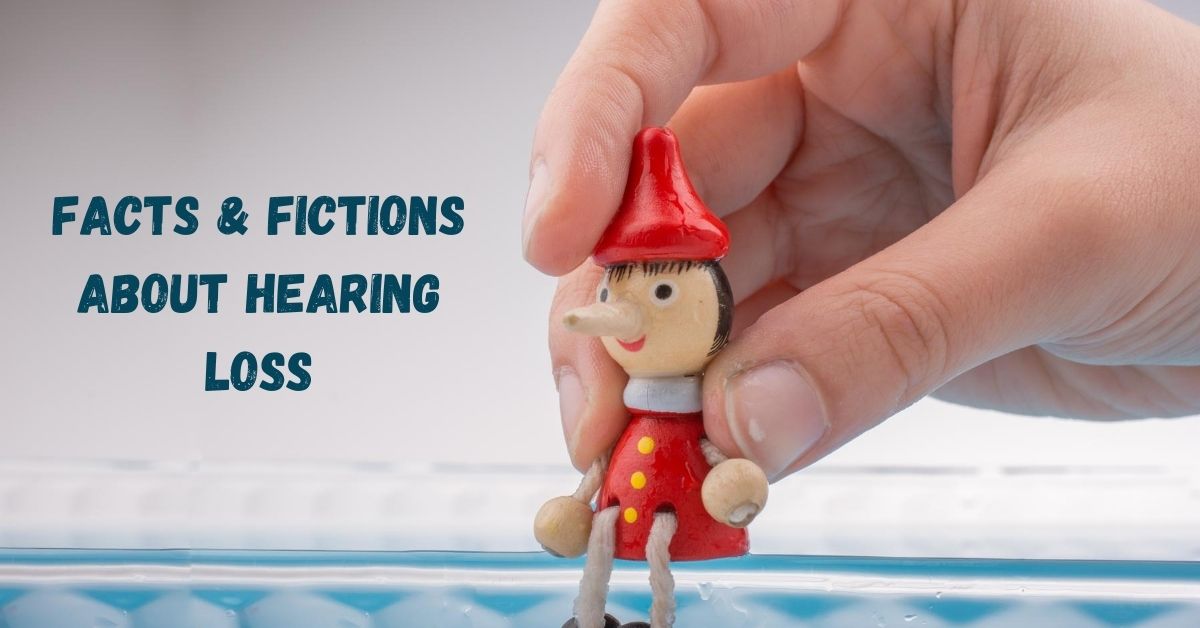

September is a month devoted each year to celebrate the fortitude and generosity of those who care for people with Alzheimer’s disease and other forms of dementia. Whether a loved one, family member, or patient at a residential facility, these tireless supporters take care of people who have faced cognitive conditions for which we have not yet found a cure.
In addition to these caregivers, this month is also a time to celebrate the successes of researchers in these areas. With new findings coming out all the time about risk factors that can lead to higher likelihood of developing Alzheimer’s disease and other forms of dementia, these scientists fill a crucial role of informing the public about this health condition that tends to occur later in life. Some of their findings have been remarkable, linking not only lifestyle choices to higher rates of dementia but also early life developmental factors.
Let’s consider the way some of these risk factors interact with individual behavior before proceeding to look at one risk factor that has been puzzling: hearing loss.
In the era of big data, researchers have a newly simplified task of relating characteristics, behaviors, and other information with things that might otherwise seem unrelated. By taking a population-wide survey or a large enough sample to represent the entire population, statistics methods make it possible to see if a certain variable can give a person a higher risk of a health condition.
In the case of Alzheimer’s disease and other forms of dementia, the lack of a cure has meant that researchers need to put their attention into risk factors that can be avoided. By taking one group of people without a risk factor and comparing them to a demographically similar group with a risk factor, this method can determine if there is a significant link between the risk factor and Alzheimer’s.
Some of the findings have been more surprising than others. Take, for example, smoking, hypertension, obesity, and excessive alcohol consumption. In each case, you can imagine how the characteristic might limit oxygen to the brain. Over time it seems possible that the brain would suffer from the gradual lack of resources. However, other risk factors come as a real surprise. The level of education in early life has been correlated with rates of dementia far in the future, a remarkable testament to the power of education.
Although you might understand the relation between a traumatic brain injury and later-life Alzheimer’s, the connection between diabetes and dementia is less clear. One of these factors that has puzzled researchers is a statistical connection between Alzheimer’s disease and hearing loss. Let’s take a look at the finding, as well as possible explanations of the link.
When researchers use big data to compare groups of people, they noticed that people with hearing loss tended to have higher rates of dementia, including Alzhiemer’s disease, than their counterparts who did not have hearing loss. Furthermore, those with hearing loss who do develop dementia also have a faster decline in cognitive functioning than those who do not have hearing loss. How can we explain this relationship?
Many explanations are floating through the fields of audiology and cognitive sciences. One of these explanations has to do with the shrinking size of the auditory cortex. As hearing ability declines, this region of the brain actually shrinks in size, and this degeneration might have something to do with the development of dementia.
Another explanation considers the cognitive load of understanding human speech. If hearing is compromised, then other regions of the brain are recruited away from their normal duties and applied to the task of language comprehension. Yet other explanations have to do with the social isolation experienced by both people who have hearing loss and dementia.
As research advances in these areas, it remains clear that it is vital to get a hearing test and determine your current hearing ability. If you have begun to lose hearing ability, don’t delay seeking treatment. Hearing aids are a way to fill in the gaps in understanding that can be so taxing on the brain. Contact us to schedule an appointment for a hearing test today!